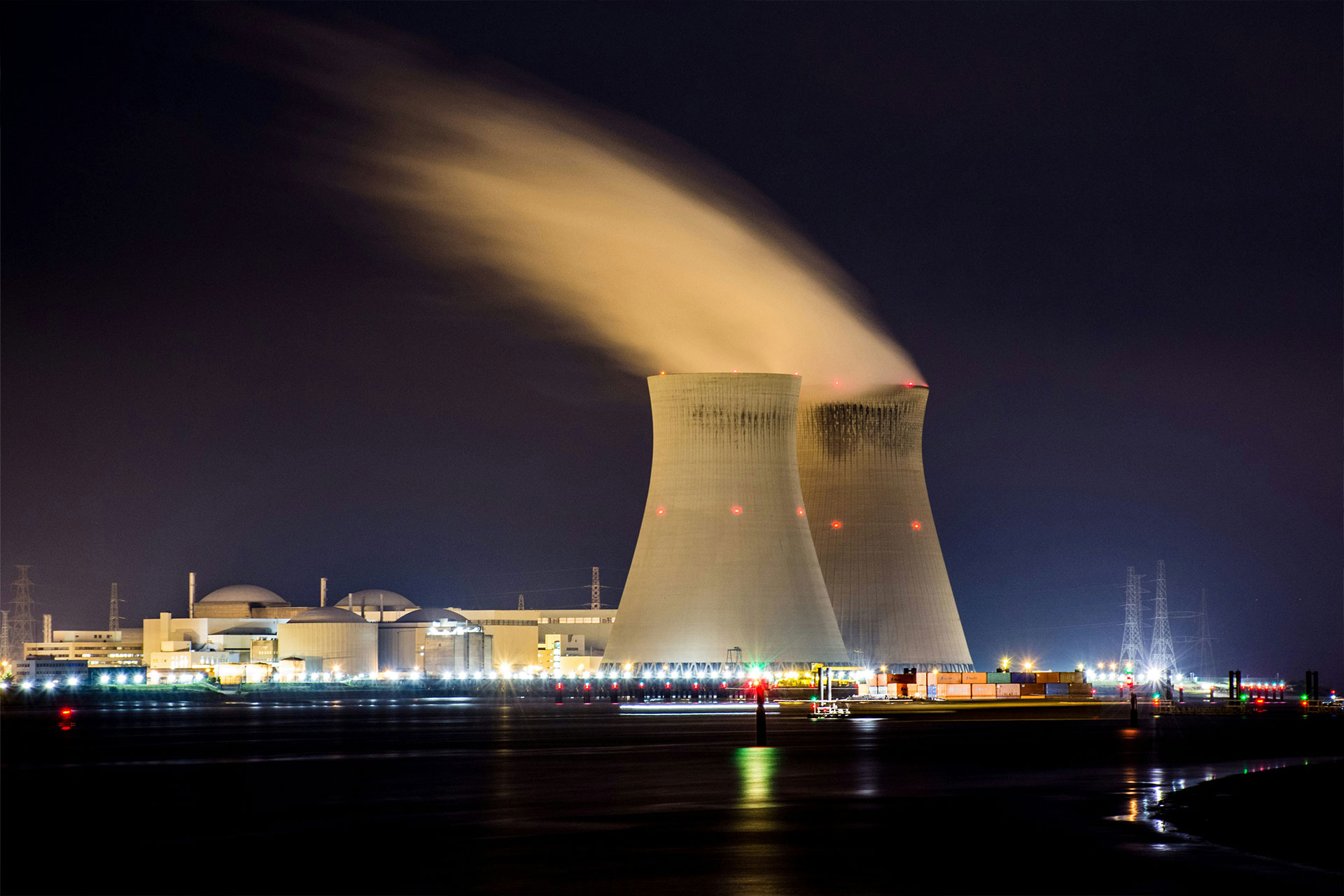Nuclear technology, often associated with energy production, also plays a crucial role in saving lives through the production of medical isotopes. These radioactive elements are essential for diagnosing and treating a wide range of diseases, underpinning modern medical practices.
What are Medical Isotopes?
Medical isotopes are radioactive elements or compounds that emit radiation, utilised in various medical procedures, including:
Diagnostic Imaging: Isotopes are administered to patients, enabling medical professionals to visualise internal organs and detect abnormalities. For instance, technetium-99m is widely used in imaging studies to diagnose conditions such as heart disease, cancer, and bone disorders.
Cancer Treatment: Certain isotopes, like iodine-131 and phosphorus-32, are used in radiation therapy to target and destroy cancer cells. These isotopes can be administered orally or injected directly into affected areas.
Research: Medical isotopes are vital in medical research, aiding in the study of organ and tissue functions, the development of new treatments, and the enhancement of patient outcomes.
The Benefits of Medical Isotopes
Medical isotopes offer numerous benefits, including:
- Early Diagnosis: Isotope-based imaging techniques can detect diseases at an early stage when treatment is often more effective.
- Accurate Diagnosis: These techniques provide detailed information about the structure and function of organs and tissues, leading to more precise diagnoses.
- Targeted Therapy: Isotope-based therapies can deliver radiation directly to cancer cells, minimising damage to healthy tissues.
- Non-Invasive Procedures: Many medical isotope procedures are non-invasive, reducing the risk of complications and improving patient comfort.
The Role of Nuclear Technology
Nuclear technology is essential for the production of medical isotopes. Notably, reactors can produce these isotopes through neutron bombardment, a process that involves bombarding target materials with neutrons. Countries like the Netherlands and Australia are at the forefront of medical isotope production. The Netherlands alone supplies approximately 70% of Europe’s and 35% of the world’s demand for medical isotopes, with facilities like the PALLAS reactor playing a critical role in this supply chain (World Nuclear News)(PALLAS Reactor | Van levensbelang).
In addition to these leaders, Canada has launched initiatives such as the Isotopes for Hope campaign, aiming to double its production of medical isotopes by 2030 to meet rising global demand, projected to reach $33 billion by 2031(Canadian Isotopes) (PALLAS Reactor | Van levensbelang). This positions Canada as a significant player in the global isotopes market, particularly in the fight against cancer (Canadian Isotopes)
The Impact on Patient Care
Medical isotopes have revolutionised healthcare by providing doctors with invaluable tools for diagnosing and treating diseases. They have saved countless lives and improved the quality of life for millions of patients worldwide.
In conclusion, medical isotopes are a vital component of modern healthcare. Nuclear technology plays a crucial role in their production, enabling the development of innovative diagnostic and therapeutic techniques. By harnessing the power of nuclear energy, we can continue to advance medical science and improve patient outcomes.




